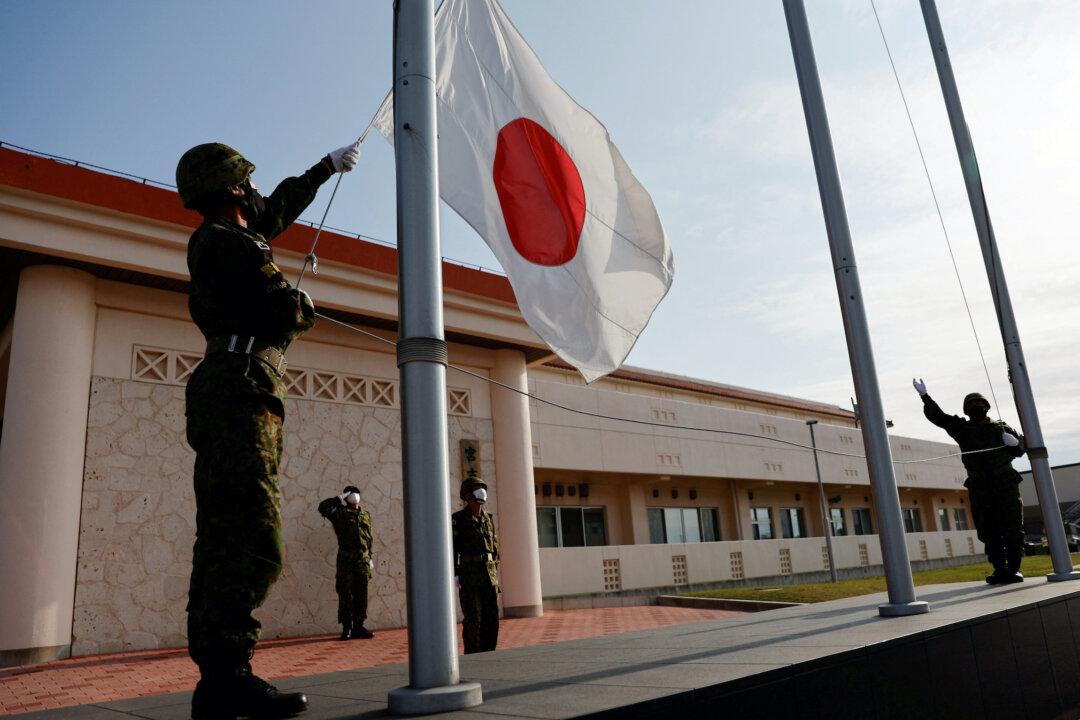Japan is planning to build additional evacuation shelters on the Okinawa islands to shield residents from missile threats amid the rising tensions in Taiwan, a government official said on Friday.
Chief Cabinet Secretary Hirokazu Matsuno said the Cabinet Secretariat sought a budget of 70 million yen ($477,000) for fiscal 2023 to study the specifications for shelters that can house residents during a military contingency.





